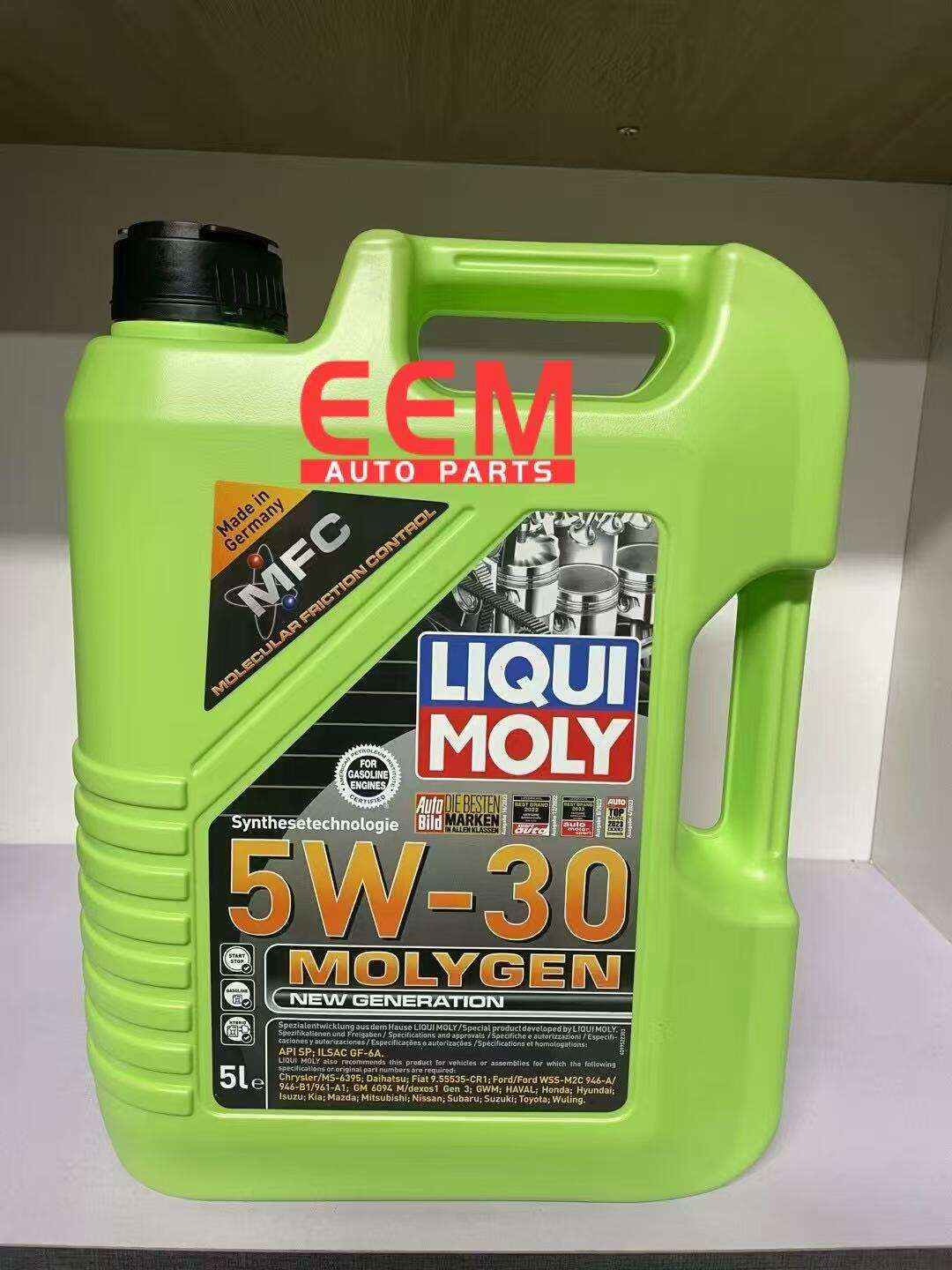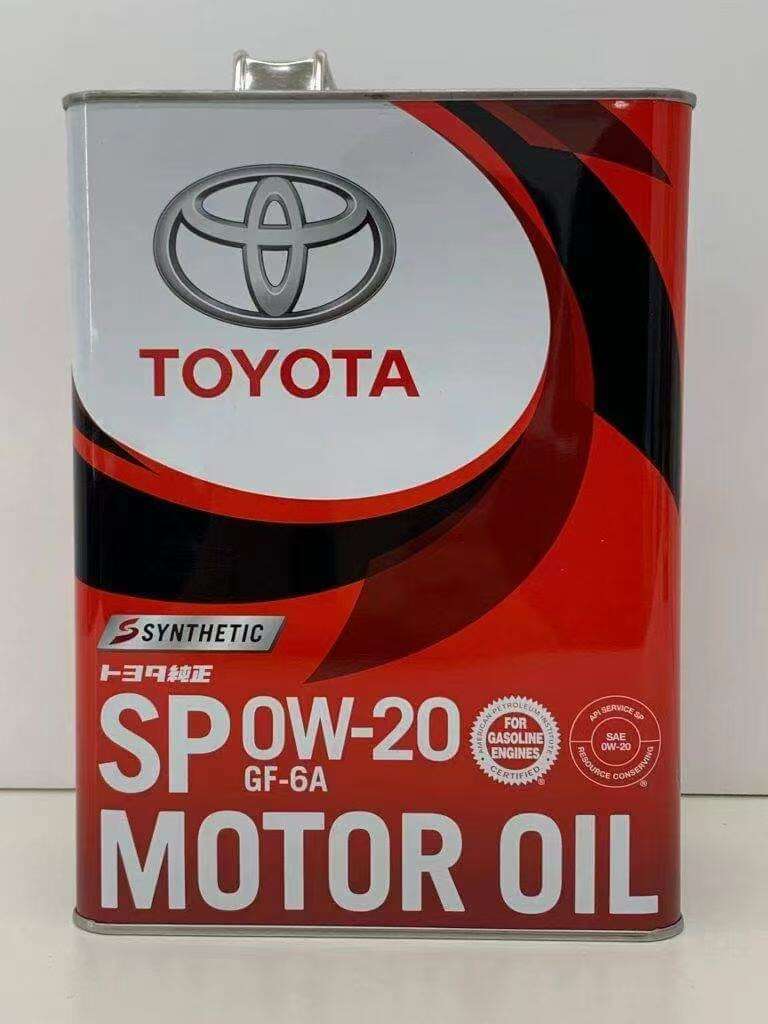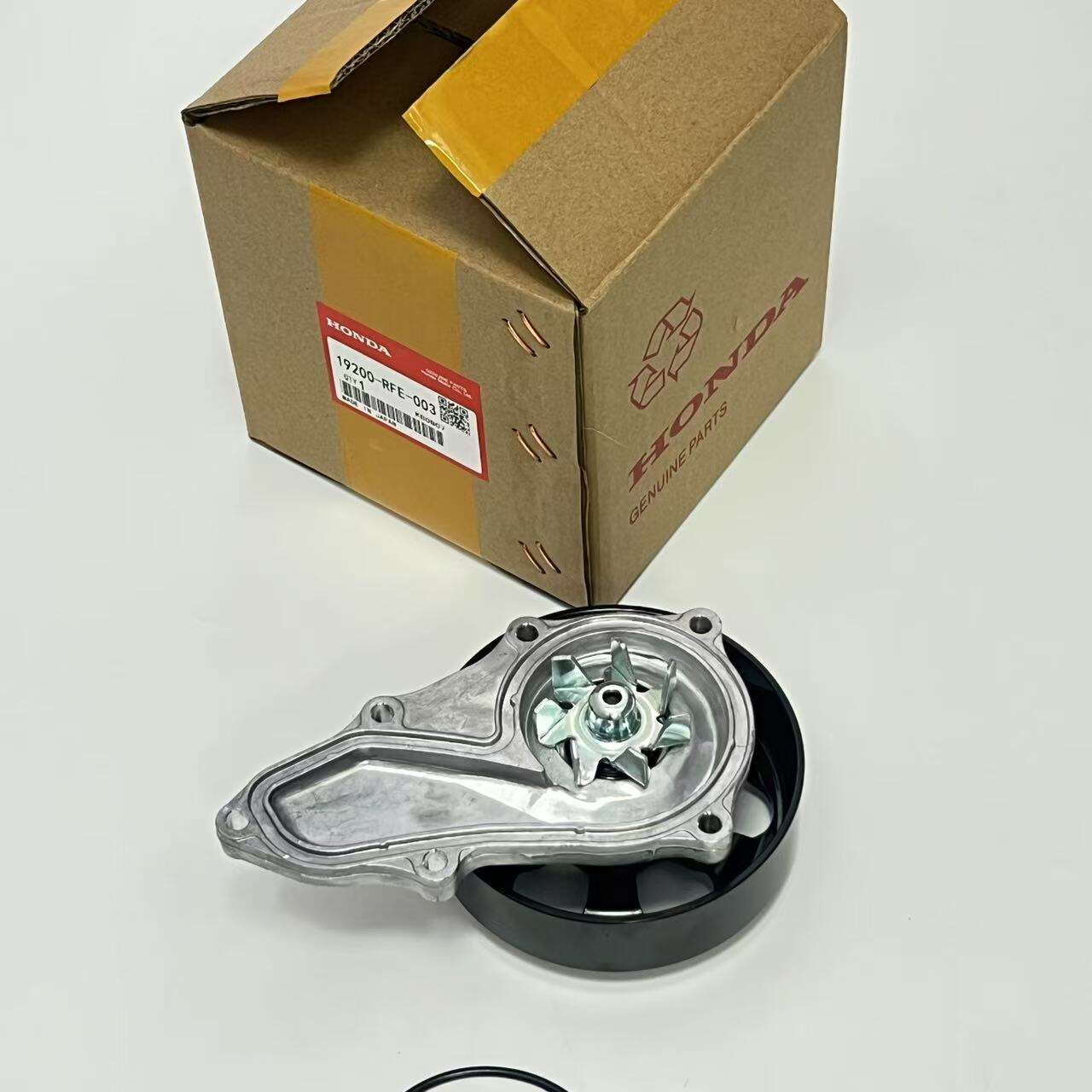Advanced Material Technology
Modern bearings leverage cutting-edge material science to deliver exceptional performance and durability. High-grade steel alloys, specially formulated for bearing applications, provide superior hardness and wear resistance while maintaining dimensional stability under varying temperatures. The incorporation of ceramic elements in hybrid bearings offers significant advantages, including reduced friction, higher speed capabilities, and improved electrical insulation properties. Advanced surface treatments and coatings, such as diamond-like carbon (DLC) and physical vapor deposition (PVD) coatings, enhance wear resistance and reduce friction coefficients. These material innovations enable bearings to operate reliably in extreme conditions, from cryogenic temperatures to high-heat environments.


